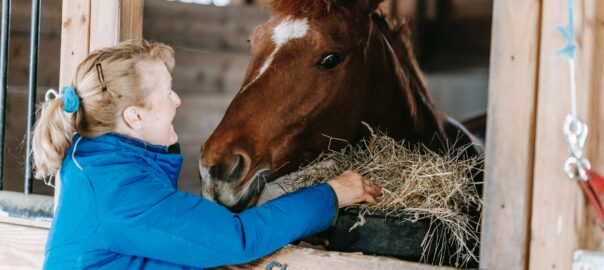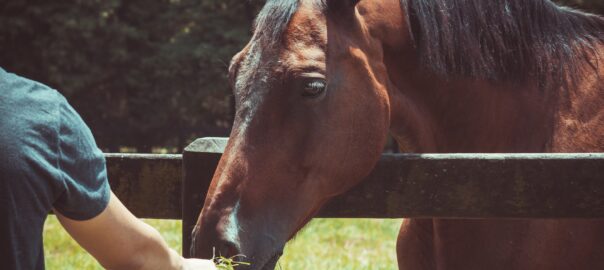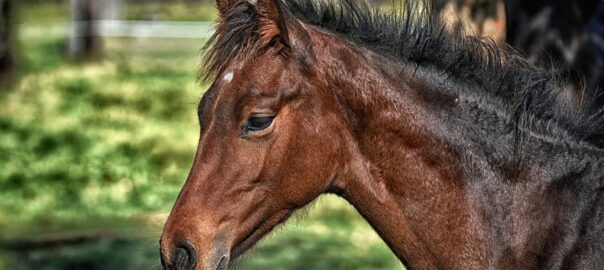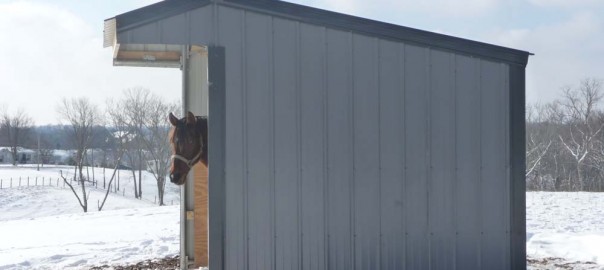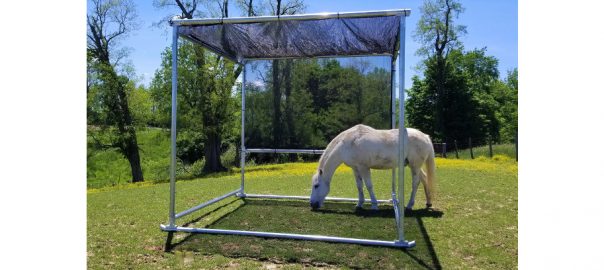You’ve tried everything. You’ve tried adding some molasses for a little flavoring, you got rid of all the moldy hay, and you’ve even pretended to eat the hay right in front of them. But your horse just won’t eat!
This is a serious issue. Your horse needs to eat and relies on those essential nutrients – protein, vitamins, and minerals – within the forage. Luckily, there are a few things you can do that we’ve had success with in the past.
Here are some helpful tips to get your horse to feed again:
First, try to identify why your horse isn’t eating
This could be tricky, but take a step back and really think about what and how you’re feeding your horse. Maybe the hay is stale or too salty, which could cause a horse to stop eating. Or maybe you’ve been putting new medications like Bute into the feed. Your horse might want to avoid eating if that’s the case.
There are a variety of reasons why your horse won’t eat. But if you can, determining the root cause of the issue, rather than just trying to force them to eat, is a great way to start.
Utilize quality square or round bale feeders
If you’re using lesser quality hay feeders, there could be some serious issues that arise. An effective round bale feeder will allow your horse to eat freely, at their own pace. Other hay feeders, however, can lead to overeating, bloating, vomiting, and other problems – all of which could subsequently lead to your horse wanting to avoid eating again.
Look at your horse’s teeth
Dental issues can affect your horse’s ability to eat. Certain problems could cause hooks, waves, and other malformations that inhibit chewing. Additionally, broken or infected teeth can be so painful, your horse won’t want to chew anything. Warning signs of serious dental issues, in addition to loss of appetite, include aggressive behavior, introverted gaze, and self-mutilation. Keep an eye out for these signs and have a vet take a look at your horse’s teeth if you think that’s the issue.
Beware of any changes to your horse’s environment
Your horse might avoid eating if they are stressed, nervous, or anxious. Think about any major changes or circumstances that have happened recently. The loss of a stablemate, major weather changes, or the addition of a new stablemate could all cause some stressful problems and result in a lack of eating.
You’re doing everything you can to help your horse get back to eating healthy. Sometimes, just slowing down and thinking about the problem can help you find a solution. If you need quality round or square bale feeders, give us a call today!
